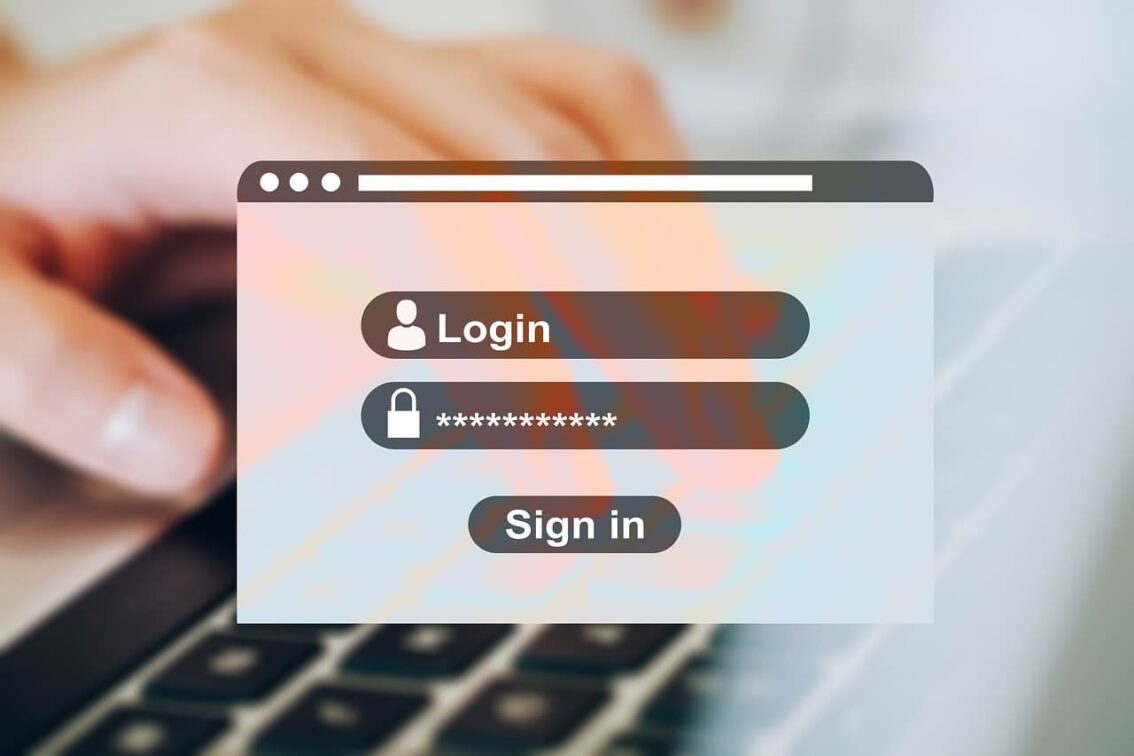Security is undoubtedly the most important part of every tech project. Here, the focus is on website security. Just like no one wants someone else encroaching on their personal space or belongings, no one wants their online security breached when surfing a website. Here’s exploring why a website project developer should prioritize website security.
The Increasing Threat to Smaller Brands
Cyberattacks on small brands are on the increase. A 2023 survey shows that nearly half of all small businesses experienced a cyberattack in 2022. These breaches not only pose the risk of information theft but could also lead to severe financial loss or damage to the brand’s reputation.
How Security Impacts Your Website Project
Whether you have a small business or large organization, your website’s security affects various critical aspects of your brand. Let’s see some notable reasons to pay attention to security when building a website.
- Complying with Regulation
Some countries and industries make security a website requirement for businesses. One of such regulations is Europe’s General Data Protection Regulation (GDPR), which requires businesses to protect user information. An insecure website could attract fines or other legal issues from the involved authorities.
Similarly, some licensing bodies like those regulating casino online pln also require casino operators to provide information about relevant security measures to ensure users’ personal and financial information are safe.
- Protects Sensitive Data
Websites often collate sensitive information like personal information, payment details, passwords, and even health information. A poorly secured website exposes such data to hackers, which can lead to more severe consequences for your business and clientele. Putting up modern and strong security is one of the best ways to guarantee maximum user safety on your website.
- Maintaining Customer Trust
Customer trust is one of the most critical traits of successful businesses. If someone breaches a website, it can significantly damage their reputation and client loyalty. End users want to know that their personal information is safe when they visit your website, especially where financial-related actions are involved. The mere thought of having someone else access their passwords or credit card information is scary for your current or prospective users. So, ensuring your platform stays safe is a top move for your brand’s success.
- Preventing Website Downtime
Suppose a website got hacked. It can lead to lots of downtime, which could impact your business in various ways. For instance, downtime can cause both users and brands to lose some income. Also, reduced downtime dampens your platform’s credibility. A secure website limits your chances of being attacked, helping you to ensure your website remains available to your users.
Top Security Measures to Note

Website security goes a long way in affecting your brand’s reputation, revenue, and user safety. Here are a few crucial security measures to note when creating a website project.
- SSL Encryption: Secure Socket Layer (SSL) encryption protects the exchange of data between your website and other users, keeping them safe from potential hackers.
- Strong Password Recommendations: Encourage users to create strong passwords and keep them safe to protect their financial and personal records.
- Regular Updates: A good website security practice is to regularly review your website’s plugins, software, and themes. That way, you can address any security bugs and keep your platform wholesome for users.
- Website Backups: Regularly backup your website data against potential losses. Should anything unexpected happen to your pages, you can readily restore its content to keep your service untainted.
- Firewalls and Anti-Malware Tools: Consider purchasing firewalls and anti-malware to block malicious software from getting on your platform. Plus, informing users about these tools can also boost their confidence in patronizing your brand.
Conclusion
Website security should be a priority in every website project. It helps to shield sensitive data, prevent financial losses, and maintain user trust. Also, by prioritizing website security from the word go, your platform’s user experience can maintain a clean slate while you keep improving other metrics to boost your brand’s reach and reputation.